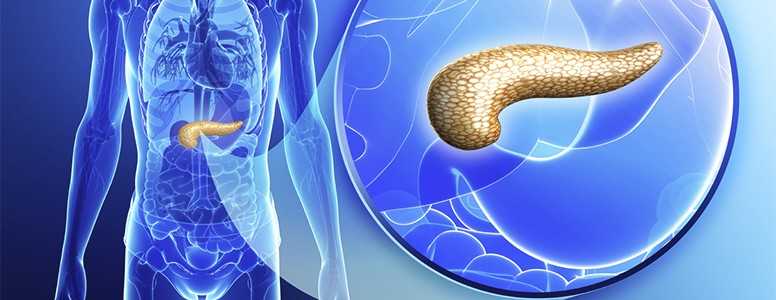Researchers have investigated the factors associated with raised levels of glucagon in people with type 2 diabetes.
Glucagon is a hormone produced by the pancreas which works to raise the concentration of glucose. Alongside insulin it helps to balance blood glucose levels. Hyperglucagonemia is where there is an excessive secretion of glucagon.
Danish researchers from Steno Diabetes Centre Copenhage, University of Copenhagen looked into determining the factors behind fasting hyperglucagonemia in people with type 2 diabetes as well as those without the condition.
The scientists were studying the relationship with between fasting hyperglucagonemia, which can have a negative impact on glucose metabolism in people with type 2 diabetes, and other biochemical and blood glucose factors.
They examined a range of factors, including body mass index, HbA1c, fasting plasma glucose and insulin concentrations as well as waist-to hip ratio (WHR).
The results showed that the people with type 2 diabetes had higher concentrations of fasting plasma glucagon, with determining factors being WHR and glycemic control as well as fasting plasma insulin concentrations.
WHR was also a factor in determining fasting hyperglucagonemia in people without diabetes.
According to the researchers, the findings indicate that visceral fat deposition plays a key role in increased fasting plasma glucagon concentrations.
Editor-in-chief of the journal, Professor Adrian Vella, who is a professor at the Mayo Clinic College of Medicine, based in Rochester, said: “Glucagon is the neglected glucoregulatory hormone in type 2 diabetes – mainly because its dysregulation is considered to be secondary to defects in insulin secretion. There is increasing evidence that abnormal glucagon secretion occurs early in the pathogenesis of diabetes. This paper together with a few others suggests that defects in insulin action contribute to this dysregulation.”
The study was published by the journal Metabolic Syndrome and Related Disorders.
What's new on the forum? ⭐️
Get our free newsletters
Stay up to date with the latest news, research and breakthroughs.



